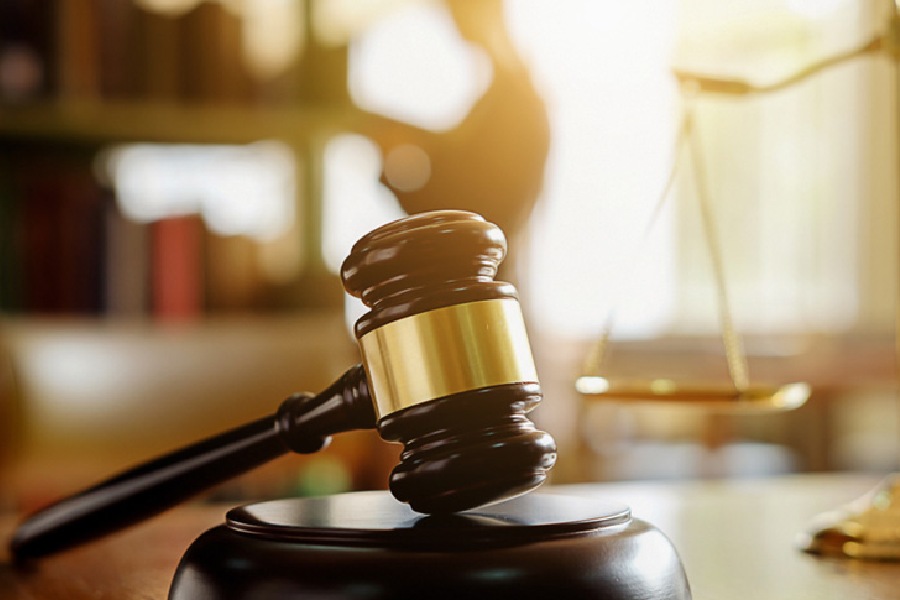High court judges rank high in people’s estimation. Their remarks are taken seriously. They are expected to be sensitive and neutral, as the Supreme Court admonished a judge of the Patna High Court who had said that a widow had no need to put on make-up. Such a prejudice is shocking enough, coming from the judge of a country where women suffer from different kinds of oppression. But the immediate danger of the assumption was that it lay behind life sentences for seven persons, all of whom the Supreme Court acquitted. A judge must be free of any kind of prejudice, patriarchal or misogynistic, the Supreme Court reproved a judge of the Karnataka High Court the same day. This judge had called a section of Bengaluru “Pakistan” because of its dominant population. This did not just violate equality and secularism but the Supreme Court also pointed out that calling any part of India Pakistan was fundamentally against the “territorial integrity” of the nation. This would be a serious offence in a lay citizen. The same judge also made unacceptable comments to a woman lawyer. Two days later, the Supreme Court expunged the remarks of a judge of the Allahabad High Court who denied bail to a person for alleged forcible conversion saying that the majority would turn into a minority if conversions continued.
The comments by these high court judges suggest that they have not risen above personal opinion and bias in spite of their duty to do so. The incidents underline the need for searching analyses of judges’ and lawyers’ professional conduct before they are elevated to a high court. Respect from all communities and genders has to be earned through neutrality, fairness and wisdom. The Supreme Court, however, accepted the apology of the Karnataka judge. The dignity of the court should not be hurt. A year ago in February, the Supreme Court had elevated to the Madras High Court Victoria Gowri who, as a lawyer, had allegedly made hate speeches or casteist and communal remarks. The Supreme Court explained that what she said as lawyer should not count against her elevation as judge. But if high court judges continue to rely on the Supreme Court’s generosity, it may be feared that they will be less careful about curbing their prejudices.











